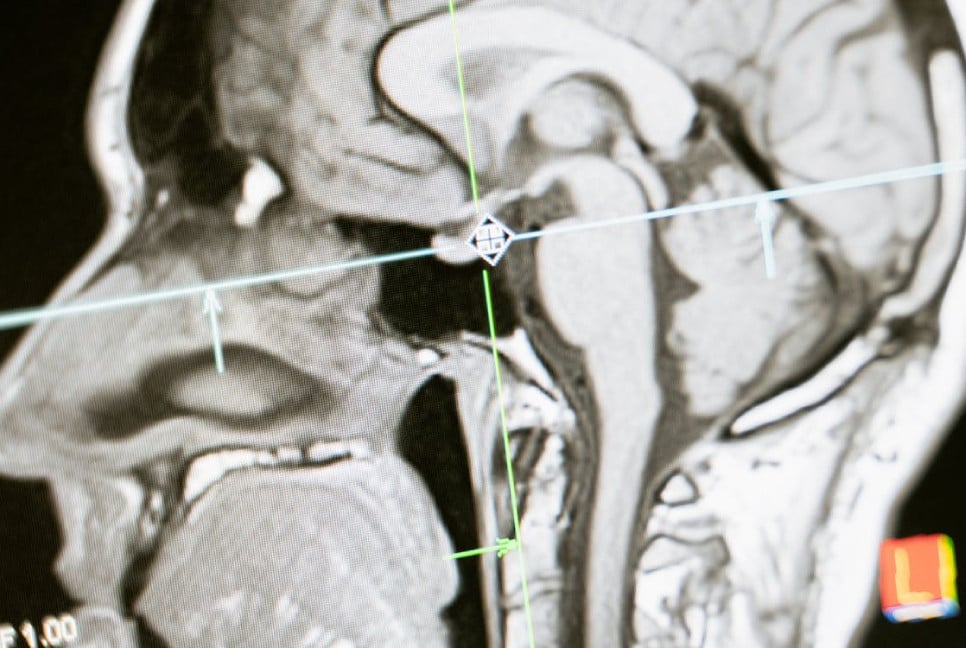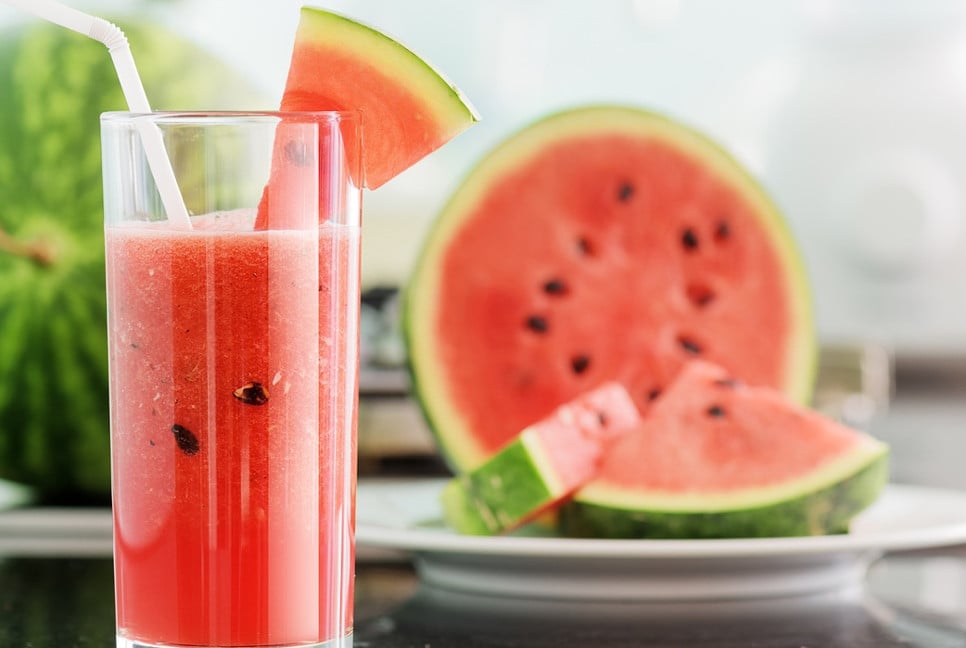Your feet can reveal a lot about your health, including potential underlying issues. Dietician Nidhi Gupta and Dr. Anup Khatri, senior consultant at Gleneagles Hospital, emphasize the importance of identifying the cause and seeking timely treatment. Paying attention to diet and following medical advice is crucial for addressing foot-related health concerns.
Some common signs are:
Swelling: Swelling in the feet could indicate low kidney function, heart disease, liver disease, or pregnancy. “Arthritis and vitamin D deficiency can cause ankle pain,” said Dr Anup Khatri, senior consultant, orthopedics, Gleneagles Hospital, Parel, Mumbai.
Spider veins: Often linked to high estrogen levels, birth control pills, or pregnancy. If you’re experiencing this, it may be worth discussing with your doctor, especially if it’s causing discomfort, said Gupta.
Cracked feet: A common sign of vitamin B2 (Riboflavin), B3 (Niacinamide) and Omega 3 deficiency. “Ensuring adequate intake of this vitamin through diet or supplements can help improve skin health,” said Dr Gupta. Dr Khatri said that vitamin B12 deficiency might manifest through nerve-related discomfort and tingling, often seen when the body’s ability to produce myelin is impacted.
Dr Khatri also pointed out that one cause is insufficient intake of essential fatty acids, particularly Omega-3s. “These healthy fats play a critical role in maintaining skin elasticity and hydration,” said Dr Khatri.
Tingling and numbness: These symptoms could indicate a vitamin B12 deficiency. “Addressing this deficiency through dietary changes or supplements can alleviate these sensations,” said Gupta.
Cold feet: This might be due to iodine deficiency or anaemia. “Ensuring sufficient iodine intake and addressing any potential anemia can help warm things up,” said Gupta.
Muscle cramps and spasms: Gupta explained that muscle cramps are often linked to magnesium deficiency, and adding magnesium-rich foods or supplements can help alleviate them. Dr. Khatri also emphasized the importance of diet, recommending the inclusion of magnesium-rich foods like spinach, quinoa, and avocado.
Source: The Indian Express
Bd-pratidin English/ Afia


































































